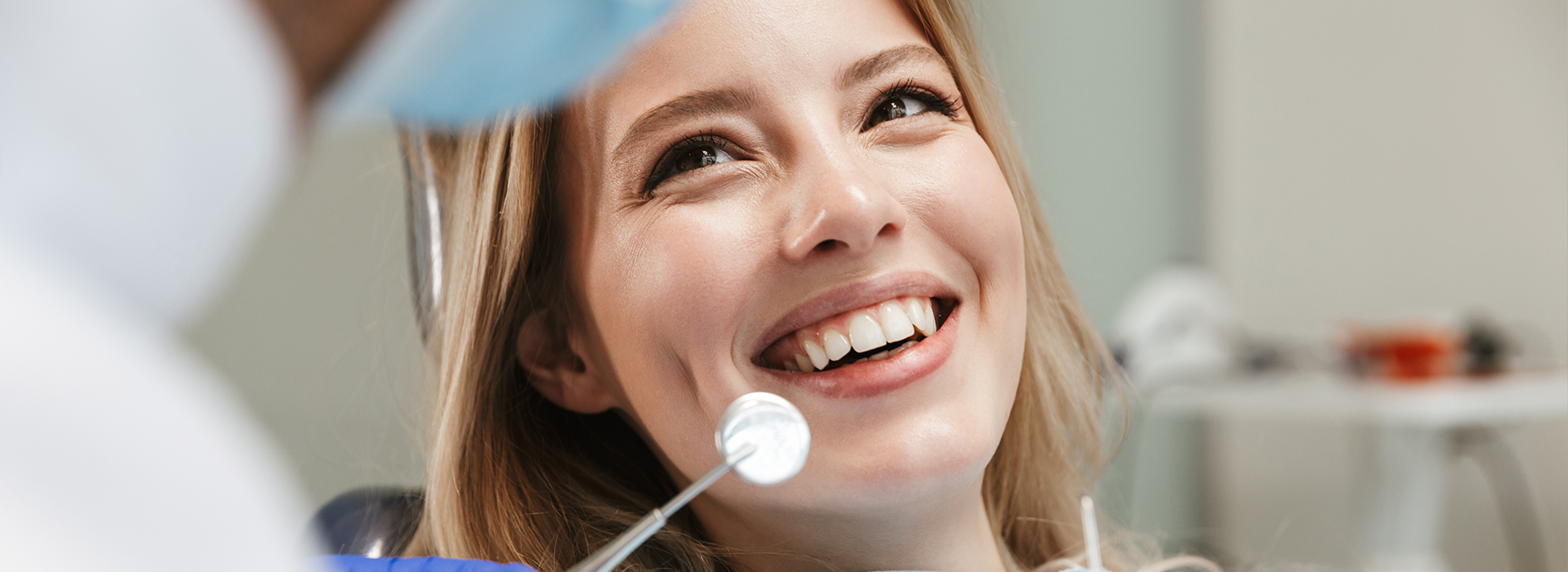
Even the most careful daily brushing and flossing can leave behind hard-to-reach plaque and mineralized deposits. Professional dental cleanings remove buildup that home care alone cannot fully address and give your mouth a reset that supports long-term oral and overall health. Regular visits also allow a dental professional to catch small problems early, saving you discomfort and more invasive treatment later. Below, we explain what a thorough cleaning involves, why it matters, and how we tailor care to each patient’s needs.
Plaque is a sticky film of bacteria that forms constantly on tooth surfaces. When it hardens into tartar (calculus), it adheres in places your toothbrush can’t reach and becomes a reservoir for harmful bacteria. Professional removal of plaque and tartar reduces the bacterial load in the mouth and lowers the risk of cavities and gum inflammation.
Beyond the visible benefits, cleanings play a preventive role in preserving the tissues that support your teeth. By eliminating deposits that irritate gums and measuring gum pocket depths over time, clinicians can monitor for early signs of gum disease and intervene before it progresses. This proactive approach helps patients keep their natural teeth longer and maintain a healthier mouth overall.
Regular professional maintenance also helps freshen breath, remove surface staining, and reinforce good oral hygiene habits. When combined with consistent at-home care, routine cleanings form the backbone of a strong preventive plan that supports both dental health and daily comfort.
Most cleanings begin with a brief assessment: a hygienist will review your health history, inspect the mouth, and measure gum pockets to check for signs of inflammation. That quick screening helps determine the most appropriate cleaning approach for that visit. If any concerning findings arise, the hygienist will discuss next steps with you and the dentist.
Scaling is the central part of a cleaning. Using hand instruments and/or ultrasonic scalers, the hygienist removes plaque and tartar from above and just below the gumline. Ultrasonic scalers use gentle vibrations with a water spray to loosen deposits, while hand instruments refine and smooth the tooth surfaces. The process is methodical and focused on both comfort and effectiveness.
After scaling, the teeth are polished to remove surface stains and to leave the enamel feeling smooth. The visit usually concludes with a flossing demonstration or review and personalized recommendations for brushing technique, tools, or additional preventive measures to help you maximize the benefits of the cleaning between visits.
Dental hygiene has advanced beyond the basic pick-and-polish routine. Ultrasonic scalers, air polishers, and specialized periodontal instruments help hygienists clean more thoroughly while minimizing patient discomfort. Ultrasonic devices are especially efficient at removing tenacious deposits, and air polishing can gently lift surface stains without aggressive abrasion.
In some cases, clinicians may use plaque-disclosing solutions or intraoral cameras to show patients where buildup accumulates, which can be a practical teaching aid. For patients with sensitive areas or deeper gum concerns, targeted approaches—such as localized topical anesthetic or staged scaling visits—help ensure the procedure is tolerable and effective.
Hygienists also monitor oral soft tissues for any unusual changes and collaborate with the dentist when a deeper periodontal evaluation or treatment is indicated. This combination of technology and clinical judgment helps deliver cleanings that are precise, comfortable, and tailored to each patient’s oral condition.
A professional cleaning restores the mouth to a healthier baseline, but daily habits determine how long that condition lasts. Brushing twice a day with a fluoride toothpaste, flossing or using interdental cleaners once daily, and adopting consistent technique are the most impactful actions patients can take. Small adjustments—like brushing for a full two minutes or switching to an electric toothbrush—often yield noticeable improvements.
Diet and lifestyle choices also influence how quickly plaque returns. Limiting frequent snacking, reducing sugary beverages, and avoiding tobacco products help keep bacterial activity lower between visits. For people prone to dry mouth, staying hydrated and discussing saliva-supporting strategies with the team can make a significant difference in oral health.
Your hygienist will offer practical, personalized tips during the visit—such as the right flossing method for tight contacts or product recommendations for sensitivity—that align with your daily routine. Following those tailored suggestions helps extend the value of each professional cleaning and keeps your mouth feeling cleaner for longer.
We prioritize patient comfort and clear communication throughout the cleaning process. If you experience dental anxiety or sensitivity, let the clinical team know so they can adjust techniques, provide topical numbing when appropriate, or break the treatment into shorter, more manageable visits. Every plan is individualized based on oral health status and personal preferences.
Medical history and current medications matter for safe, effective care. Shares of your health updates and any concerns about bleeding, heart conditions, or medications help the team adapt the appointment and avoid complications. Infection control practices, equipment calibration, and staff training are routine measures that keep care safe and consistent for every patient.
At the office of Complete Dental Care Group, P.L.L.C., our goal is to make preventive visits informative, efficient, and as comfortable as possible. We combine clinical expertise with patient-focused communication so you leave each cleaning with a clear understanding of your oral health and practical steps to maintain it.
Summary: Regular professional dental cleanings remove hard-to-reach buildup, reduce the risk of decay and gum disease, and provide an opportunity for preventive counseling and early detection. A modern cleaning uses a mix of clinical assessment, scaling, polishing, and personalized home-care guidance to support long-term oral health. Contact us to learn more about how routine cleanings can protect your smile and fit into your overall dental care plan.
